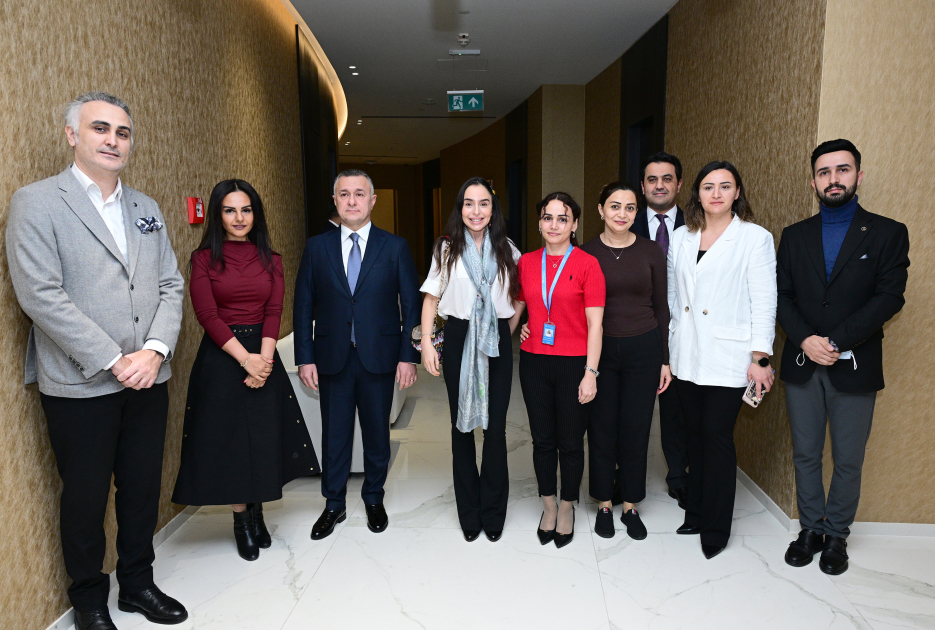Jerusalem Post
ByPESACH BENSON/TPS
This strategy is part of a growing trend in immunotherapy that focuses not just on guiding immune responses, but on upgrading the cells themselves — enhancing their efficiency from within.
In a breakthrough that could reshape cancer immunotherapy, researchers from Hebrew University of Jerusalem and international partners have discovered a way to boost the immune system’s cancer-fighting ability by reprogramming how T cells produce energy.
The study, published in the peer-reviewed Nature Communications, shows that disabling a protein known as Ant2 in T cells dramatically enhances their effectiveness against tumors. T cells are white blood cells that serve as the immune system’s frontline soldiers. By forcing the cells to rewire their internal power supply, scientists effectively transformed T cells into stronger, faster, and more resilient cancer fighters.
“By disabling Ant2, we triggered a complete shift in how T cells produce and use energy,” said Prof. Michael Berger of Hebrew University’s Faculty of Medicine, who co-led the study with PhD student Omri Yosef. “This reprogramming made them significantly better at recognizing and killing cancer cells.”
The international research team included Prof. Magdalena Huber of Philipps University of Marburg and Prof. Eyal Gottlieb of the University of Texas MD Anderson Cancer Center. Their findings center on the mitochondria — the energy-producing structures in cells. By targeting Ant2, a mitochondrial protein, the researchers interrupted a specific metabolic pathway, pushing the T cells to adapt.
“This work highlights how deeply interconnected metabolism and immunity truly are,” Prof. Berger explained. “By learning how to control the power source of our immune cells, we may be able to unlock therapies that are both more natural and more effective.”
The altered T cells demonstrated greater stamina, multiplied more rapidly, and showed improved precision in homing in on cancer cells. Unlike many existing treatments that rely on broad immune activation or genetic engineering, this approach focuses on making subtle internal changes that can be triggered not just genetically, but pharmacologically.
Research opens the door to clinical applications
“Perhaps most exciting is the fact that we can induce this change with drugs,” Yosef noted. “That opens the door to clinical applications that are much more accessible.”
This strategy is part of a growing trend in immunotherapy that focuses not just on guiding immune responses, but on upgrading the cells themselves — enhancing their efficiency from within.
An accompanying experimental image in the study shows tumors extracted from mice in three groups: untreated, treated with standard CD8+ T cells, and treated with CD8+ T cells followed by ATR therapy. The visible differences in tumor size underscore the effectiveness of the metabolic reprogramming.
The practical applications of this discovery are potentially far-reaching for cancer immunotherapy.
Current CAR-T therapies — where a patient’s T cells are genetically modified to target cancer — often face issues like cell exhaustion or limited persistence. Rewiring T cell metabolism by inhibiting Ant2 could make these therapies more durable and effective, helping engineered T cells survive longer and function more aggressively in hostile tumor environments.
The fact that Ant2 inhibition can be triggered pharmacologically opens the door for new classes of cancer drugs.
Because this new approach fine-tunes the body’s own immune cells, it may avoid some of the severe side effects seen in chemotherapy or full immune activation.
Although the study focused on CD8+ T cells in a model system, the metabolic reprogramming concept could potentially be applied across many types of solid tumors or hematological cancers, including those traditionally resistant to immunotherapy.
“We’re not just helping the immune system aim—we’re giving it better tools to win the fight,” Berger said.





.jpeg)













